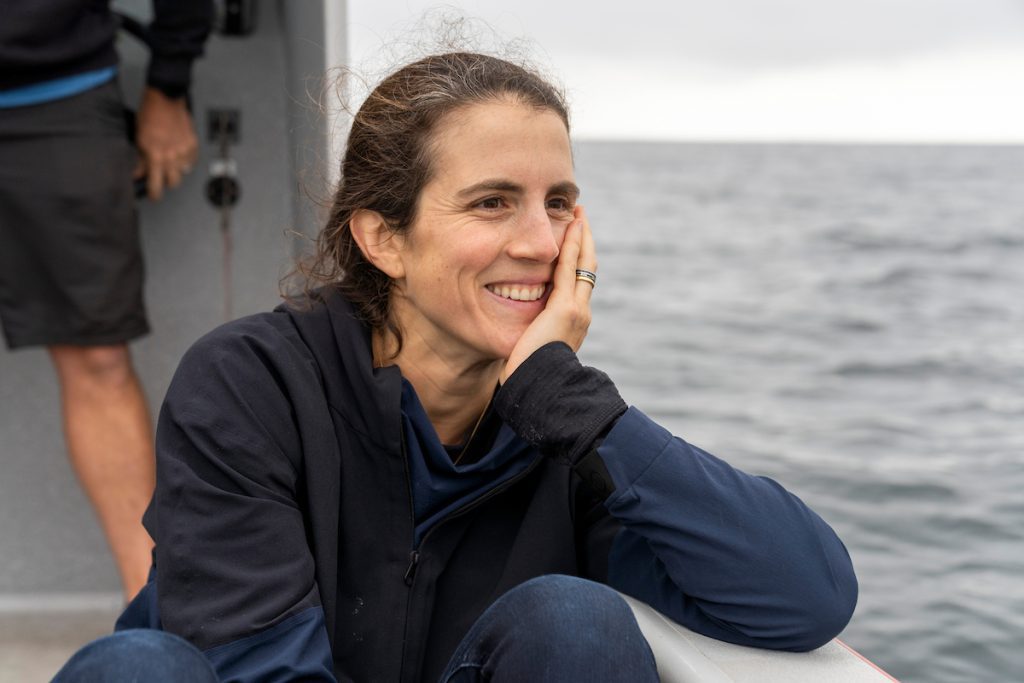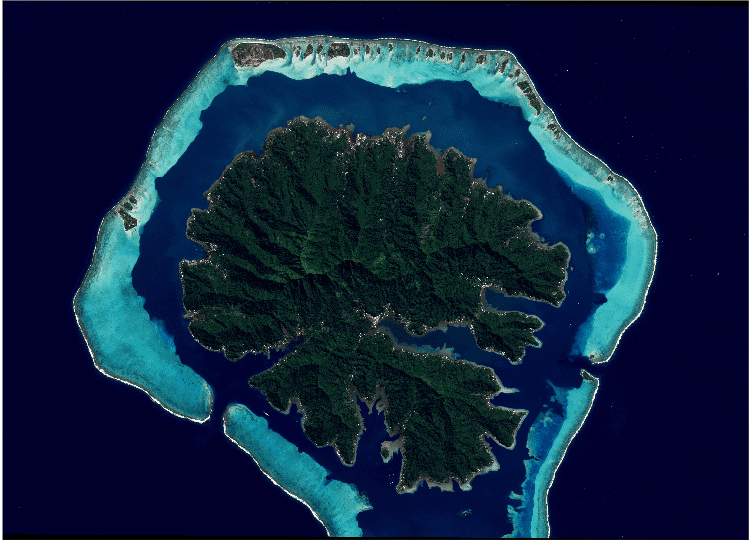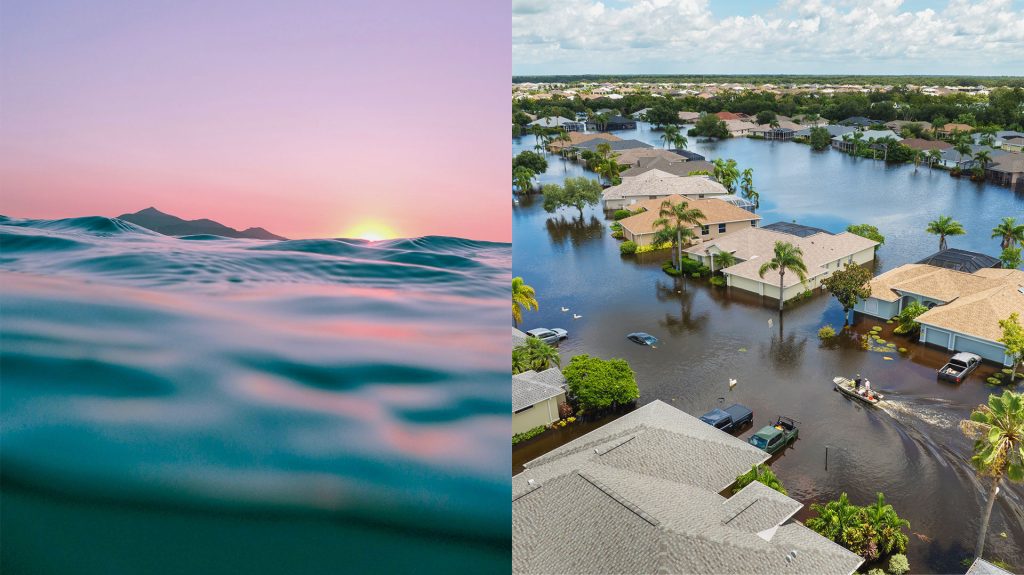Raising Awareness
News
NEWS RELEASES
Woods Hole Oceanographic Institution Scientist Receives Grant from the Paul G. Allen Family Foundation
The Paul G. Allen Family Foundation has awarded Woods Hole Oceanographic Institution (WHOI) assistant scientist Anna Michel $200,000 to develop a sensor that will enable scientists to analyze how methane emissions fluctuate in the Arctic. Methane is a greenhouse gas with a warming potential up to 25 times that of carbon dioxide. Measurements of methane concentrations over long distances have been elusive due to the difficulty of designing and deploying the needed long-term chemical sensors…
WHOI Announces 2013 Ocean Science Journalism Fellows
Ten science reporters, writers, and multimedia journalists from the U.S., Canada, and India have been selected to participate in the competitive Woods Hole Oceanographic Institution (WHOI) Ocean Science Journalism Fellowship program. The program takes place September 8-13, 2013, in Woods Hole, Mass., on Cape Cod. This year’s fellows are: * Bobby Bascomb, Public Radio International’s Living on Earth * Elisabeth Eaves, Freelance * Sujata Gupta, Freelance * Madison Kahn, Boston Magazine * Brian Owens, Freelance…
Scientists Explore Roots of Future Tropical Rainfall
How will rainfall patterns across the tropical Indian and Pacific regions change in a future warming world? Climate models generally suggest that the tropics as a whole will get wetter, but the models don’t always agree on where rainfall patterns will shift in particular regions within the tropics. A new study, published online May 19 in the journal Nature Geoscience, looks to the past to learn about the future of tropical climate change, and our…
The Black Sea is a Goldmine of Ancient Genetic Data
Black Sea, sediment, genetic data, past climate, Strait of Bosphorus, Liviu Giosan, Marco Coolen, paleo, DNA, dinocysts, dinoflagellate
Human Impact Felt on Black Sea Long Before Industrial Era
When WHOI geologist Liviu Giosan first reconstructed the history of how the Danube River built its delta, he was presented with a puzzle. In the delta’s early stages of development, the river deposited its sediment within a protected bay. As the delta expanded onto the Black Sea shelf in the late Holocene and was exposed to greater waves and currents, rather than seeing the decline in sediment storage that he expected, Giosan found the opposite….
WHOI | OCEANUS
Publications
IN THE NEWS - RESEARCH HIGLIGHTS
Study offers first definitive proof that Gulf Stream has weakened
“New research from the Woods Hole Oceanographic Institution offers the first conclusive evidence that the Gulf Stream has weakened. The powerful ocean current off the East Coast influences regional weather, climate and fisheries, and the finding could have significant implications both for New England and the global climate.”
What Happens to Marine Life When There Isn’t Enough Oxygen?
In September of 2017, Woods Hole Oceanographic Institution postdoctoral scholar Maggie Johnson was conducting an experiment with a colleague in Bocas del Toro off the…
Maine’s having a lobster boom. A bust may be coming.
The waters off Maine’s coast are warming, and no one knows what that’s going to mean for the state’s half-billion-dollar-a-year lobster industry—the largest single-species fishery in North America. Some fear that continued warming could cause the lobster population to collapse. To understand what’s happening to the ecosystem of the Gulf of Maine, says Glen Gawarkiewicz, an oceanographer at Woods Hole Oceanographic Institution, in Massachusetts, you have to look beyond it—see how it’s affected by the atmosphere, ocean currents, and rivers that flow into it.





